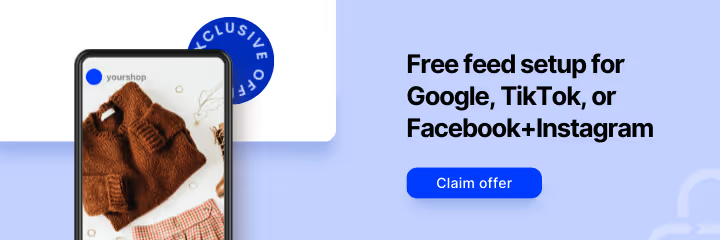For retail businesses, there is no time that is as equally stressful and rewarding as Black Friday and Cyber Weekend.
You did the legwork. You created the marketing strategy. You scheduled social media updates and email blasts. You created artwork and ad copy.
Before you get ready to sit back and enjoy the rewards from your big sales, however, make sure you’ve checked the following final steps off your list:
1. Test links.
How upsetting would it be to send out Black Friday or Cyber Weekend marketing materials with links don’t work? The stuff of nightmares, right? All that hard work down the drain. All those potential customers lost.
Make sure this doesn’t occur by double- and triple-checking any links that appear in newsletters, email blasts, and scheduled social media posts.
2. Test email notifications.
This is a two-pronged check. First, if you have any automatic emails set to send based on certain actions being performed, make sure that they are all correct and that they are working correctly.
Particularly important: abandoned cart emails. Potential customers may put things in their baskets and then get distracted by other brands or sales. The average shopping cart abandonment rate is 68.8%. Don’t let those customers forget about you! Abandoned cart emails remind customers that they have items in their basket, and that these deals won’t last forever.
Second, this is the time when a quick response really matters. So make sure any notifications designed to tell you when someone is sending you an email are also working correctly. You need to know ASAP, so that you can address concerns and make the sale before they move on to something else.
3. Double-check your product feed.
Products featuring special Black Friday deals and Cyber Weekend sales need to be submitted to any marketplaces you’re using at the right time and with the correct information.
Before you upload your feed, go over with a fine-toothed comb. The prices? The product information? Free shipping availability? Inventory levels? Make sure that everything is one hundred percent accurate.
4. Resend or review your contingency plans to staff.
You may have created plans for emergency situations during the holiday season. But we all know that these plans aren’t always the priority on your staff’s mind before a big sale.
Because of this, it’s wise to take some time at a meeting or through an email to review and redistribute your business’s plans for certain emergencies during Cyber Weekend.
5. Check your social media calendar… then check it again.
Social media marketing is key to getting the word out to your customers about your sales. Check your social media calendar to make sure your posts are error-free and scheduled at the right time. (Be sure to verify time zone settings!)
If possible, you should even have a staff member devoted to responding to engagement and answering any questions people have. Additionally, this person should be ready to alter or change social media posts when appropriate.
For example, if you run out of a product, you will not want to have a picture of the product posted on social media two days later. A dedicated staff member can keep an eye on things and stop this from happening.
6. Follow up with blogs and press.
Did you pitch your products and sales to bloggers or other sources after your holiday sales were announced? Great. Have you followed up with them recently?
If you have not heard back from bloggers or journalists, now is a good time to follow up. People who are looking for last-minute story ideas or have let your pitch get mixed up with hundreds of other Cyber Weekend pitches may just pull your stories out for a post close to the big sale. You never know until you try.
And even if you’ve already coordinated with a few sites on content, it doesn’t hurt to check in to make sure that the content is still scheduled to go up at the agreed-upon time. Be nice, be polite, and be understanding, but definitely do it. A little bit of attention in the right place can be just what you need to bolster your sales.




%20What%20Merchant%20Center%20Checks%20Every%20Time%20Your%20Prices%20Change.png)

